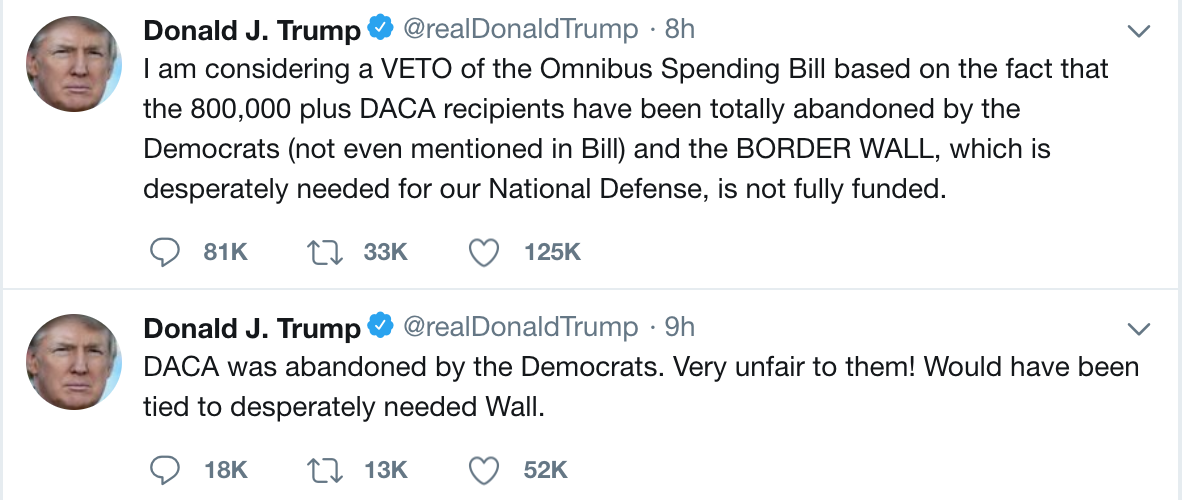
Photo by Thomas Hawk, Flickr
Extension of TPS Designation for Yemen
The Department of Homeland Security has announced an extension of the TPS designation of Yemen for a period of 18 months, from September 4, 2018 to March 3, 2020.
Re-registration is limited to persons who have previously registered for TPS under the designation of Yemen and whose applications have been granted.
For individuals who have already been granted TPS under Yemen’s designation, the 60-day re-registration period runs from August 14, 2018 through October 15, 2018.
USCIS will issue new EADs with a March 3, 2020 expiration date to eligible Yemeni TPS beneficiaries who timely re-register and apply for EADs
Proposed Rule on Public Benefits
Yesterday, October 10, 2018, a notice of proposed rulemaking (NPRM) was officially published in the federal register for the proposed rule that may soon restrict admission of certain immigrants and non-immigrants reliant or likely to become reliant on public benefits.
The comment period on the proposed rule has begun and will remain open until December 10, 2018. After the period for public comments has closed, the government will review the comments and make any changes to the rule as deemed necessary. The government will then publish a final version of the rule in the federal register, and it will be enforced on or after 60 days from the date of publication of the final rule in the federal register.
Under the proposed rule, receipt of the following types of public benefits would make an applicant a public charge:
- Federal, state, local or tribal cash assistance for income maintenance
- Temporary Assistance for Needy Families (TANF)
- Supplemental Security Income
- Medicaid (with limited exceptions for Medicaid benefits paid for an “emergency medical condition,” and for certain disability services related to education)
- Medicare Part D Low Income Subsidy
- The Supplemental Nutrition Assistance Program (SNAP, or food stamps)
- Institutionalization for long-term care at government expense
- Section 8 Housing Choice Voucher Program
- Section 8 Project-Based Rental Assistance
- Public Housing
- DHS is considering adding to the list of included benefits the Children’s Health Insurance Program (CHIP), formerly known as the State Children’s Health Insurance Program (SCHIP)
Continue reading

 Visa Lawyer Blog
Visa Lawyer Blog











